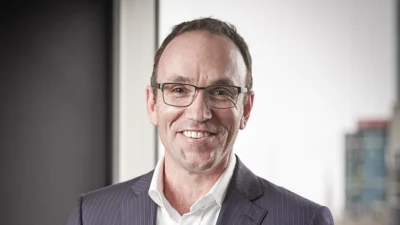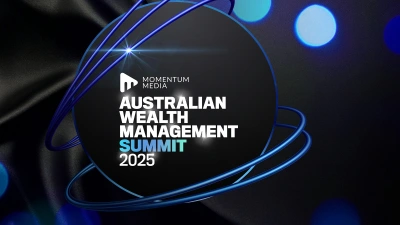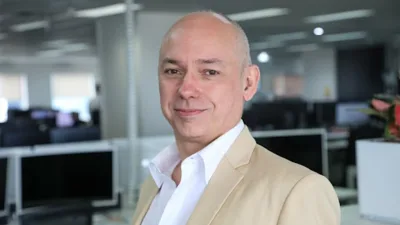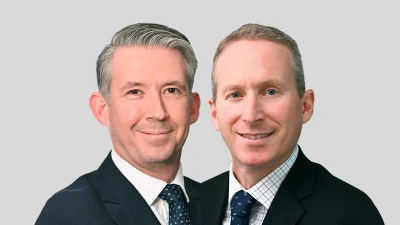Australia’s $250bn Future Fund returns to active equity management



The $250 billion Future Fund is moving back to active management for its equity allocations, six years after stating it was “nigh on impossible” for active managers to add value over and above their fees.
The sovereign wealth fund previously pivoted its listed equities approach away from active managers six years ago as it felt markets were being driven by central bank policies. Instead, active management was mostly used for its private markets and alternatives programs.
However, it had now taken the decision to reverse that decision and return to active management.
Speaking at the AFR Alpha Live event, chief executive, Raphael Arndt, said: “Conditions have changed. Economies are diverging and companies can better distinguish themselves in a more challenging environment. As a result, active Alpha-seeking strategies in our $65 billion listed equities program are increasingly attractive, provided that we can be confident that returns are driven by skill and not luck.
“We are using new technology to better understand the drivers of returns being delivered by investment managers – to better understand whether skill actually exists or whether managers are just applying a mechanical strategy which can be re-created cheaply. Markets are constantly changing and we must evolve our strategy in response.
“We are doing everything we can to search out skill wherever it exists. Skill is rare, and expensive. Paying sometimes high fees to fund managers is necessary to access skill.”
In April, the fund hired Tcorp equities head Ben Griffiths as its new director of equities
The Future Fund held $17 billion in Australian equities, $34 billion in developed market equities and $11.9 billion in emerging market equities in its current portfolio.
His speech was backed up in the fund’s latest performance report which stated the fund would be focusing on fund manager skill in light of higher interest rates and inflation, which it felt would be “better rewarded” in the current environment.
“We are making continuing changes to the portfolio towards investments that rely on investor skill rather than market risk, reflecting our belief that this approach will be better rewarded in an environment where higher inflation and rates make market returns less certain,” Arndt said in the update.
The fund was also making its first move into small-cap equities as it felt there was a risk that large-cap companies could be broken up or face a change in regulation.
In his speech, Ardnt said: “Changes in domestic markets have made small cap equities attractive to us for the first time and we have commenced a new program to invest in them in recent months.
“A previously considered safe investment like an office building or shopping centre is no longer safe. A large cap company can be split up, regulated or its markets disrupted. There are no set-and-forget investments anymore.”
As at 31 March 2023, the Future Fund had delivered a positive 12-month return in volatile markets, returning 3.4 per cent over the quarter and 4.3 per cent for the financial year to date.
For the 12 months ending March 2023, the ASX 200 offered a 0.1 per cent return, including dividends, he added, and the S&P 500 was down 7.7 per cent.
Its largest asset allocations were towards alternatives (17.1 per cent) followed closely by global equities in developed markets (17 per cent). In comparison, such holdings in emerging markets made up some 5.9 per cent of allocations. The fund’s private equity allocations stood at 16.4 per cent with 10.6 per cent held in cash.
Reacting to the announcement, Emmanuel Datt, founder of Datt Capital, said: “The current economic climate, marked by rising interest rates and inflation, is conducive to active stockpicking. This suggests that there may be opportunities for investors to generate alpha by selecting high-quality fund managers.
“Furthermore, the Future Fund's decision to invest in local small-cap funds for the first time is a notable development. Small-cap stocks have historically offered higher growth potential than larger, more established companies, although they can also carry higher risks.
“By introducing this new program, the Future Fund may be looking to tap into the potential growth of smaller companies that may be overlooked by larger institutional investors.”
Recommended for you
With an ESG product labelling consultation currently ongoing, Zenith’s head of responsible investment agrees the existing system for funds is so unclear that people may be better off ignoring it.
The global investment market is looking to China as a roadmap to success, as the nation pioneers technological development in AI and robotics, Australia-China Relations Institute Professor Marina Yue Zhang has said.
International asset manager Robeco has appointed a new chief investment officer as incumbent Mark van der Kroft departs the firm after 25 years.
Regal Partners has regained the funds under management lost after the Opthea failure to close out the financial year at $18.9 billion.














